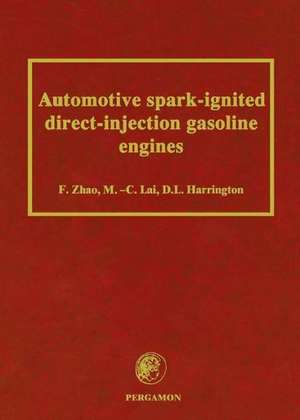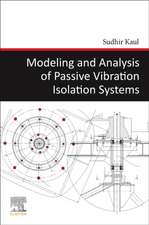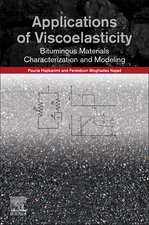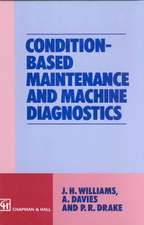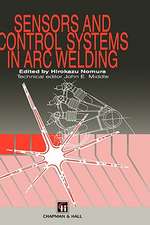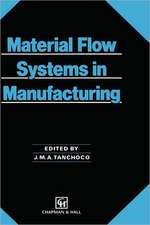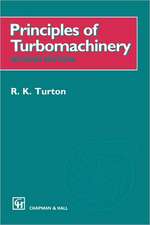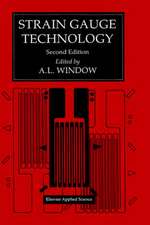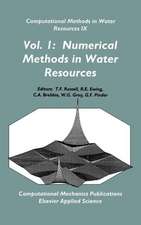Automotive Spark-Ignited Direct-Injection Gasoline Engines
Autor F. Zhao, M.-C. Lai, D.L. Harringtonen Limba Engleză Hardback – 8 feb 2000
The new technologies such as high-pressure, common-rail, gasoline injection systems and swirl-atomizing gasoline fuel injections are discussed in detail, as these technologies, along with computer control capabilities, have enabled the current new examination of an old objective; the direct-injection, stratified-charge (DISC), gasoline engine. The prior work on DISC engines that is relevant to current GDI engine development is also reviewed and discussed.
The fuel economy and emission data for actual engine configurations have been obtained and assembled for all of the available GDI literature, and are reviewed and discussed in detail. The types of GDI engines are arranged in four classifications of decreasing complexity, and the advantages and disadvantages of each class are noted and explained. Emphasis is placed upon consensus trends and conclusions that are evident when taken as a whole; thus the GDI researcher is informed regarding the degree to which engine volumetric efficiency and compression ratio can be increased under optimized conditions, and as to the extent to which unburned hydrocarbon (UBHC), NOx and particulate emissions can be minimized for specific combustion strategies. The critical area of GDI fuel injector deposits and the associated effect on spray geometry and engine performance degradation are reviewed, and important system guidelines for minimizing deposition rates and deposit effects are presented. The capabilities and limitations of emission control techniques and after treatment hardware are reviewed in depth, and a compilation and discussion of areas of consensus on attaining European, Japanese and North American emission standards presented.
All known research, prototype and production GDI engines worldwide are reviewed as to performance, emissions and fuel economy advantages, and for areas requiring further development. The engine schematics, control diagrams and specifications are compiled, and the emission control strategies are illustrated and discussed. The influence of lean-NOx catalysts on the development of late-injection, stratified-charge GDI engines is reviewed, and the relative merits of lean-burn, homogeneous, direct-injection engines as an option requiring less control complexity are analyzed.
Preț: 1310.51 lei
Preț vechi: 1795.21 lei
-27% Nou
Puncte Express: 1966
Preț estimativ în valută:
250.80€ • 260.87$ • 207.05£
250.80€ • 260.87$ • 207.05£
Carte tipărită la comandă
Livrare economică 15-29 aprilie
Preluare comenzi: 021 569.72.76
Specificații
ISBN-13: 9780080436760
ISBN-10: 0080436765
Pagini: 128
Dimensiuni: 178 x 254 x 10 mm
Greutate: 0.45 kg
Editura: ELSEVIER SCIENCE
ISBN-10: 0080436765
Pagini: 128
Dimensiuni: 178 x 254 x 10 mm
Greutate: 0.45 kg
Editura: ELSEVIER SCIENCE
Cuprins
1. Introduction
2. Direct-Injection Gasoline Fuel System
3. Combustion Chamber Geometry and In-Cylinder Mixture Dynamics
4. Combustion Process and Control Strategies
5. Fuel Economy and Emissions
6. Specific Combustion Systems and Control Strategies
7. Conclusion
2. Direct-Injection Gasoline Fuel System
3. Combustion Chamber Geometry and In-Cylinder Mixture Dynamics
4. Combustion Process and Control Strategies
5. Fuel Economy and Emissions
6. Specific Combustion Systems and Control Strategies
7. Conclusion
